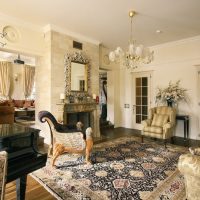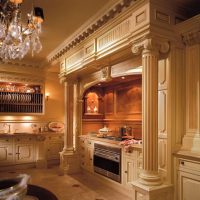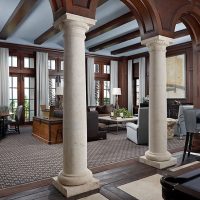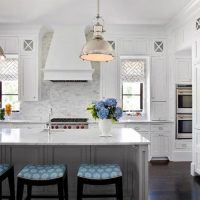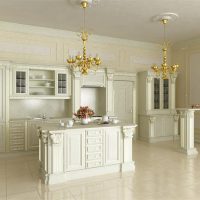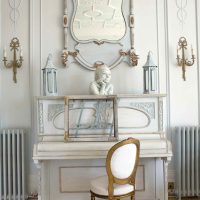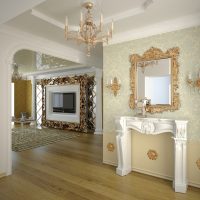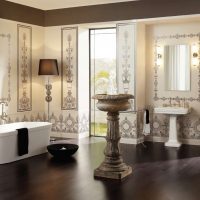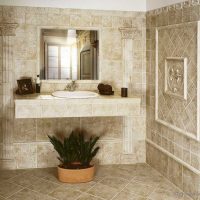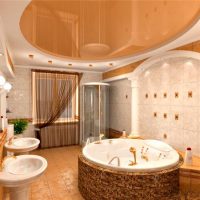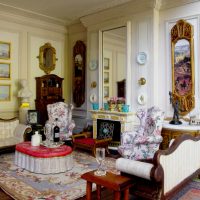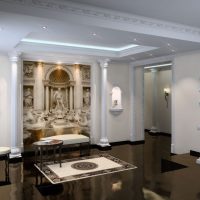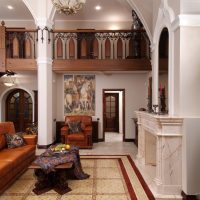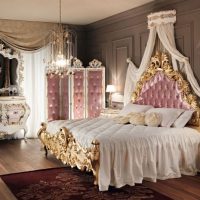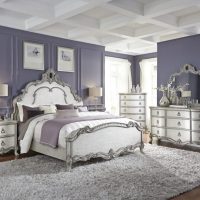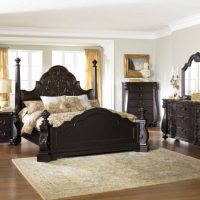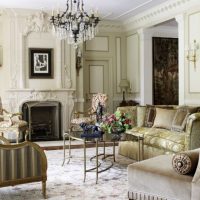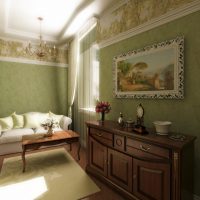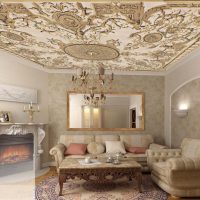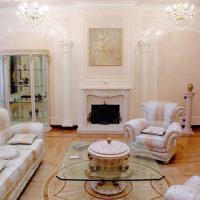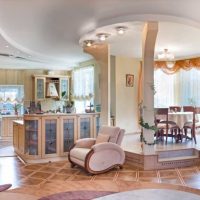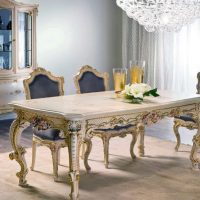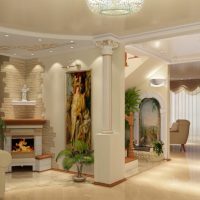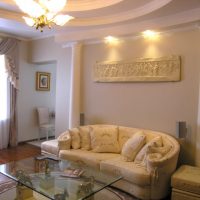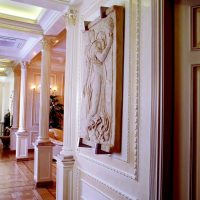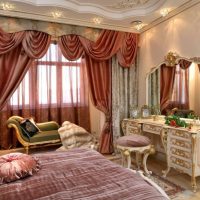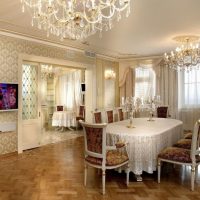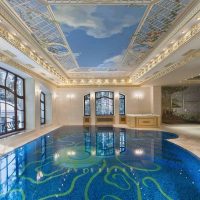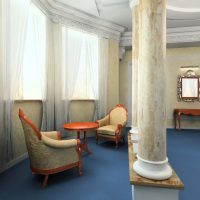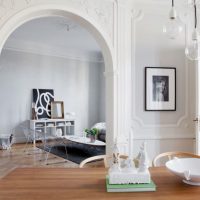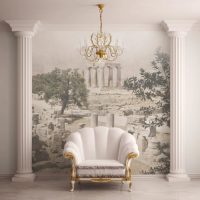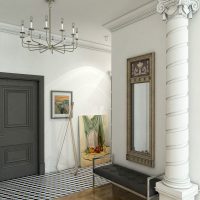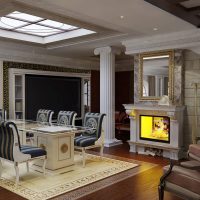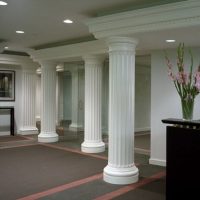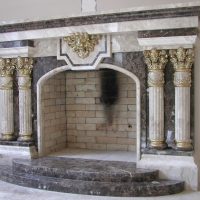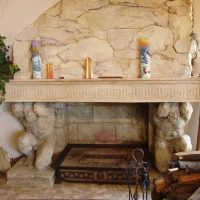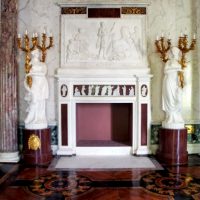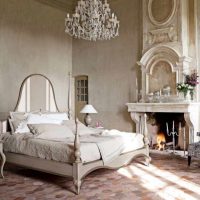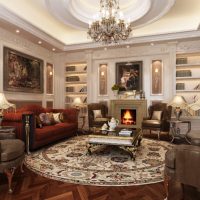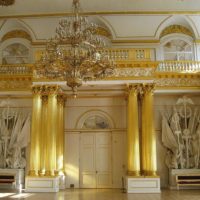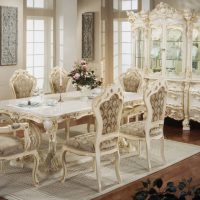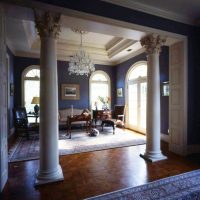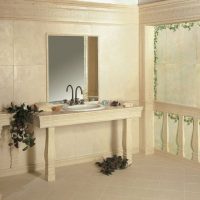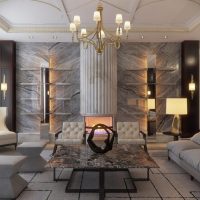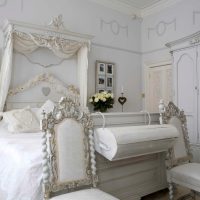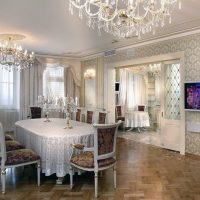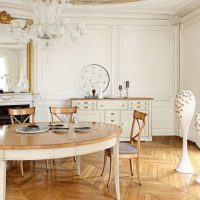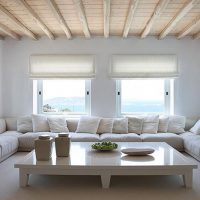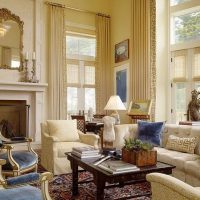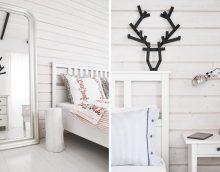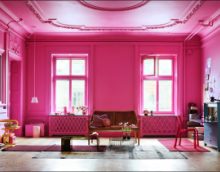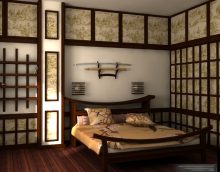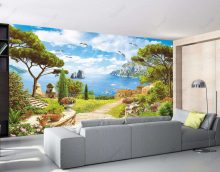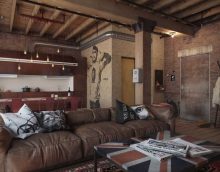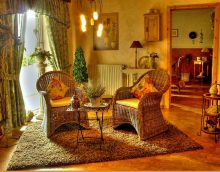Features of interior decoration in antique style
The harmonious beauty of the ancient style is so universal that it is still a source of inspiration for professional creators. And so it has been over the past two thousand years. And in the Renaissance, and at the court of the French king, and in Soviet times, architects, artists, designers again and again turned to ancient standards.
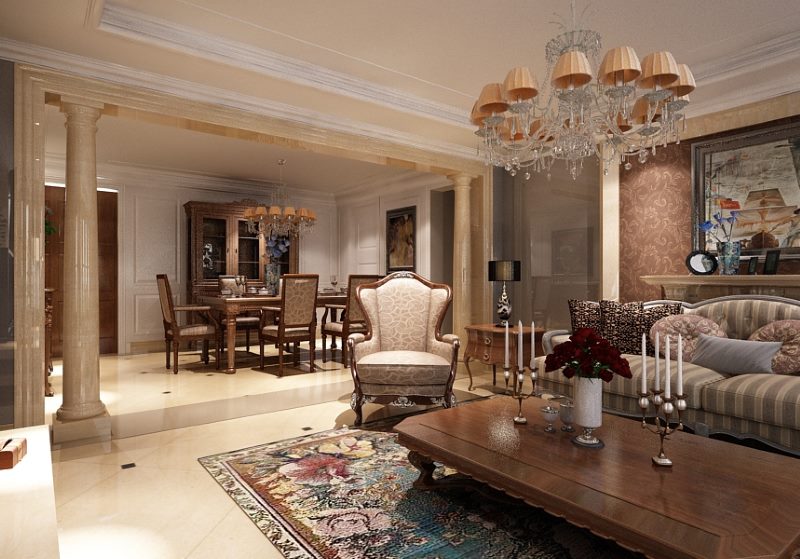
The antique interior is most often chosen by people gravitating towards classics and sophistication
Content
- 1 What gives the antique style
- 2 The rules by which the antique style is formed in the interior
- 3 The choice of finishing materials for the room in the antique style
- 4 Color picker
- 5 Decoration with architectural details
- 6 Antique style light device
- 7 Selection of suitable furniture
- 8 The finishing touch in the decoration of the room in the antique style: textiles
- 9 Video: Antique style in interior design
- 10 Interior Design Photo Ideas
What gives the antique style
There are several things that you will gain if you decide to give preference to this particular style:
Saturation with details
The ancient Greeks and Romans used sculpture to decorate their homes and cities. And they succeeded very much in this, having formed a whole system of voluminous details molded of stone, clay or wood. This includes columns, porticoes, cornices, pilasters, stucco on the walls and much more. Thanks to the use of all these things in the interior of ancient style it is interesting to be looking at the decor of the room.
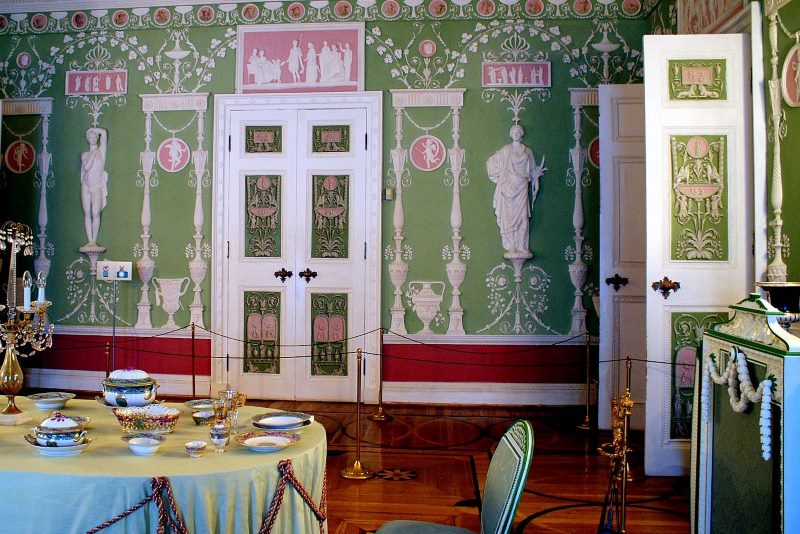
There can be many decorative details, even very many
Content
All these numerous details, sculptural elements mean something. They are based on Greek mythology, plant motifs, complex symbolism. With all of this, you can encrypt a whole message in the room.
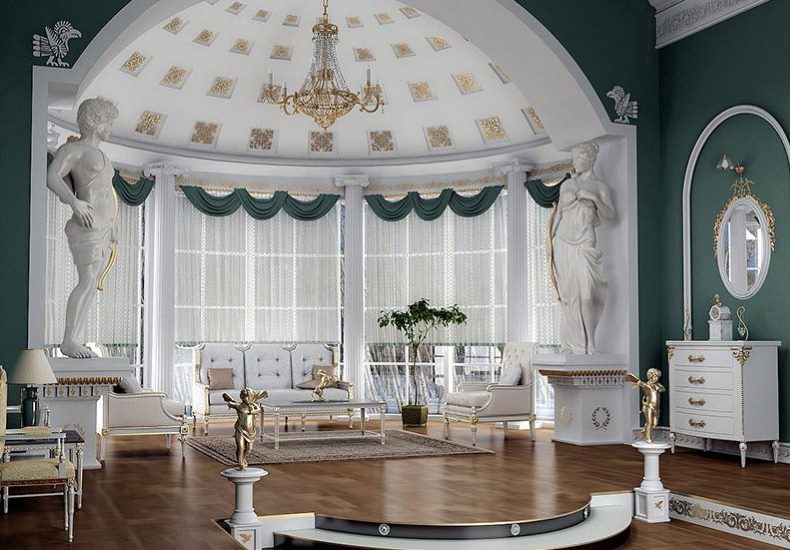
In the classic version, the style is ostentatious
Scale
In the era of antiquity, people preferred high ceilings and spacious halls. Therefore, their style is well suited specifically for large rooms. In small rooms it is perceived as too bulky, heavy.
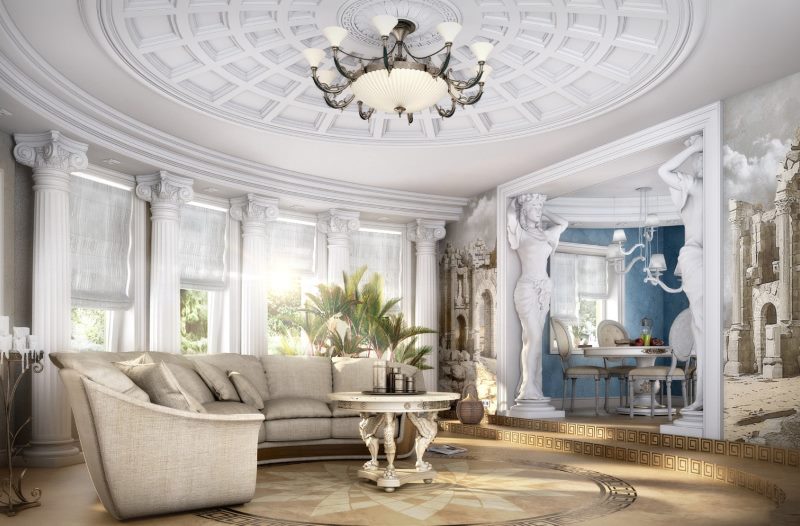
Realize all the possibilities of the style will be possible only in a fairly spacious room with high ceilings
Solemnity
The ancient figurative system was not in vain used precisely in the design of temples and palaces. She sets a certain mood. Partly due to its grandeur, thoughtfulness down to the smallest detail, complexity and rigor. Partly - because of the incredible harmonious proportions.
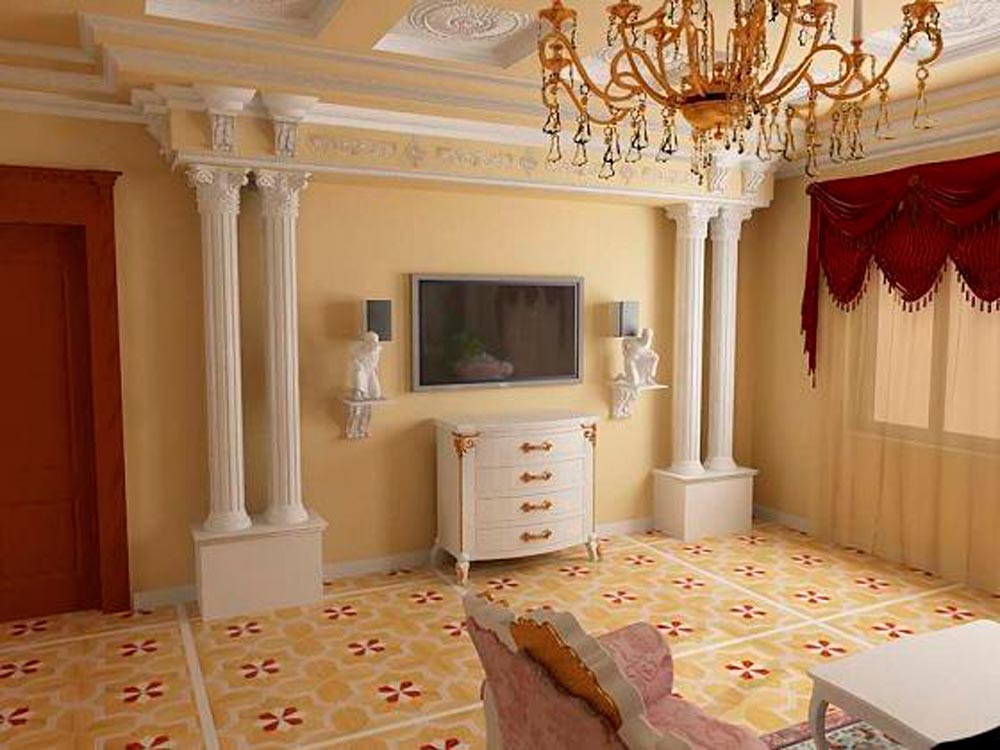
Antique is characterized by proportionality and harmony
Emotional warmth
Despite its solemnity, classical architecture and art are not in vain opposed to cold modern trends using glass, steel and concrete. The antique style was created for man, in accordance with the proportions of his body. And it feels very good, it's nice to be in such a room.
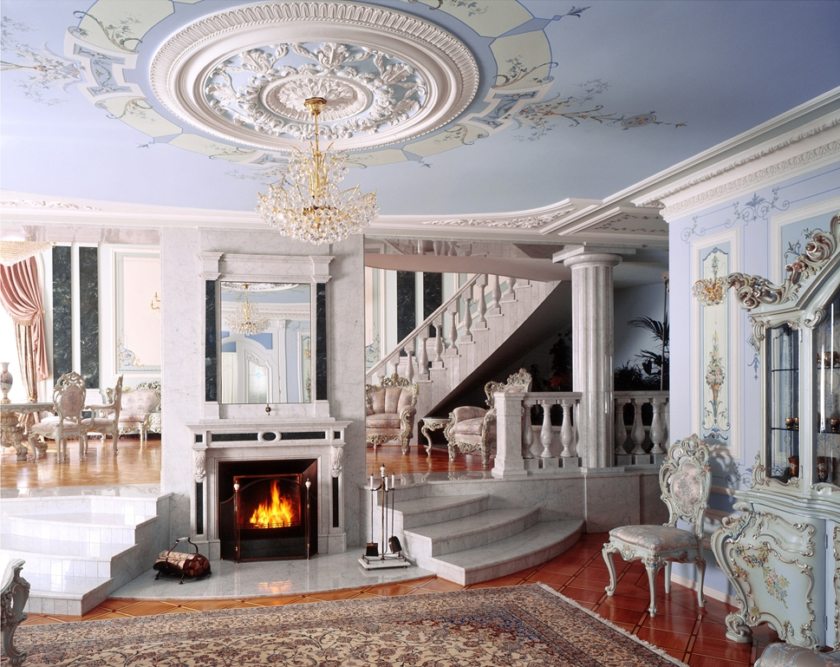
Antique style loves the abundance of stucco on the ceiling and walls.
In a word, there are situations when the antique style in the interior is perceived appropriately and profitably. In skillful hands, he turns into a whole range of possibilities.
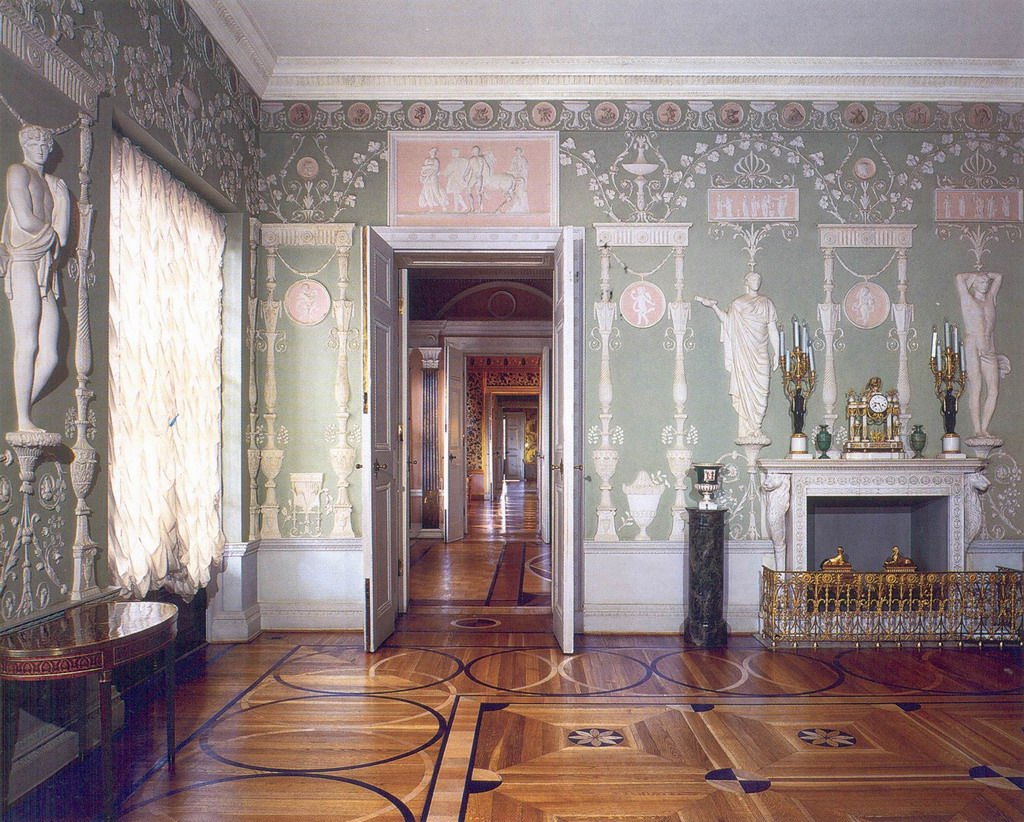
The considered style direction is best suited for the design of a spacious country house
The rules by which the antique style is formed in the interior
As in most other cases, the interior design is painstakingly formed from the study of various aspects:
- Finish.In the antique style, thinking over the interior decoration implies not only the choice of materials that are supposed to be applied to the floor, walls and ceiling. Along with this, it is necessary to consider the location of decorative details. For example, walls in this style are almost always decorated with moldings, cornices, pilasters and so on.
- Lighting. The basis for lighting the space in this case almost always becomes a large pendant lamp in the center. In addition, smaller light sources go to it: a sconce, table lamps, sometimes floor lamps. All this must be carefully selected so as not to get out of the figurative system of the ancient world.
- Furniture. Not every piece of furniture fits into the antique style successfully. Furniture corresponding to such an environment should be made of natural or imitating natural materials, contain components of decor that are similar in style, harmonize in color.
- Textile. A part of the modern interior is invariably textile: pillows, curtains, carpets, tablecloths, bedspreads and upholstery, etc. All these elements are appropriately perceived in the antique interior.
- Accessories This style is self-sufficient and does not require a large number of decorations. However, a small amount of decor elements in the interior can be used. Crockery, clay jugs or potted plants will do.
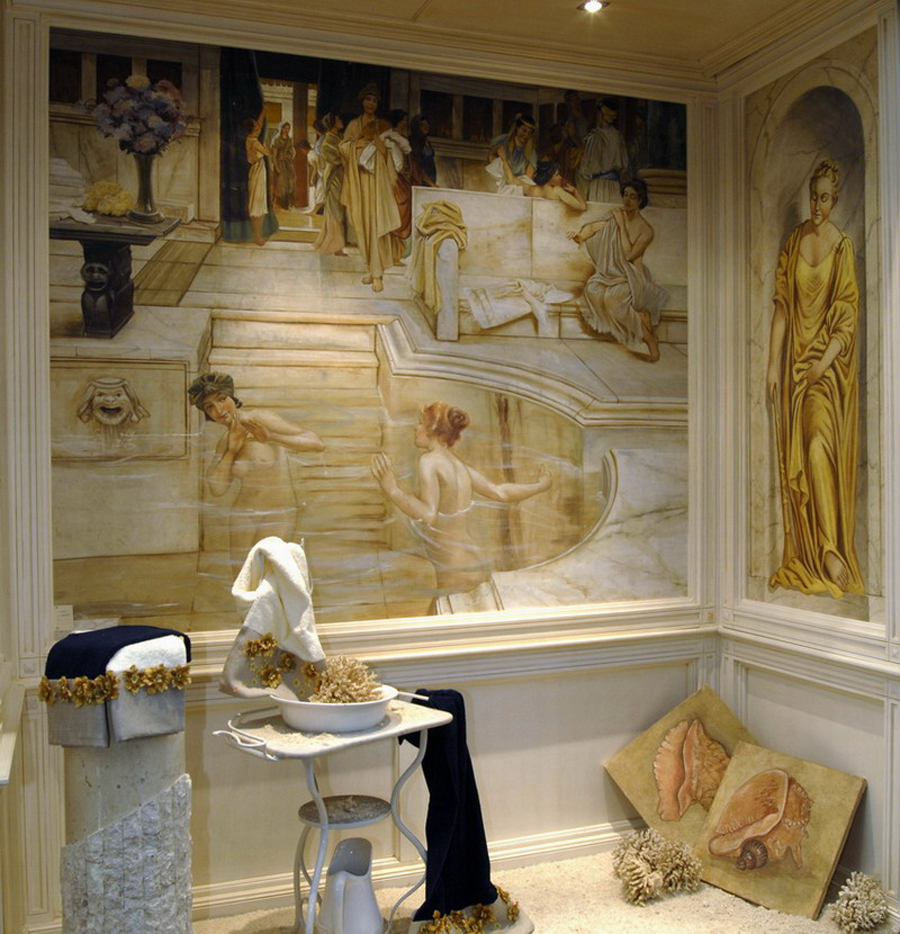
Walls can be decorated with paintings on natural, historical or mythological themes.
Thoroughly thinking through all these things, you will end up with a high-quality and spectacular antique-style interior.
The choice of finishing materials for the room in the antique style
The home of the ancient Greeks and Romans is characterized by the use of natural stone in combination with monophonic calm surfaces. Modern technologies have generated a lot of easier to use and cheaper materials that can reliably mimic different types of minerals. Therefore, the list of what can be used as a decoration for an actual imitation of the interior of antiquity is quite long.
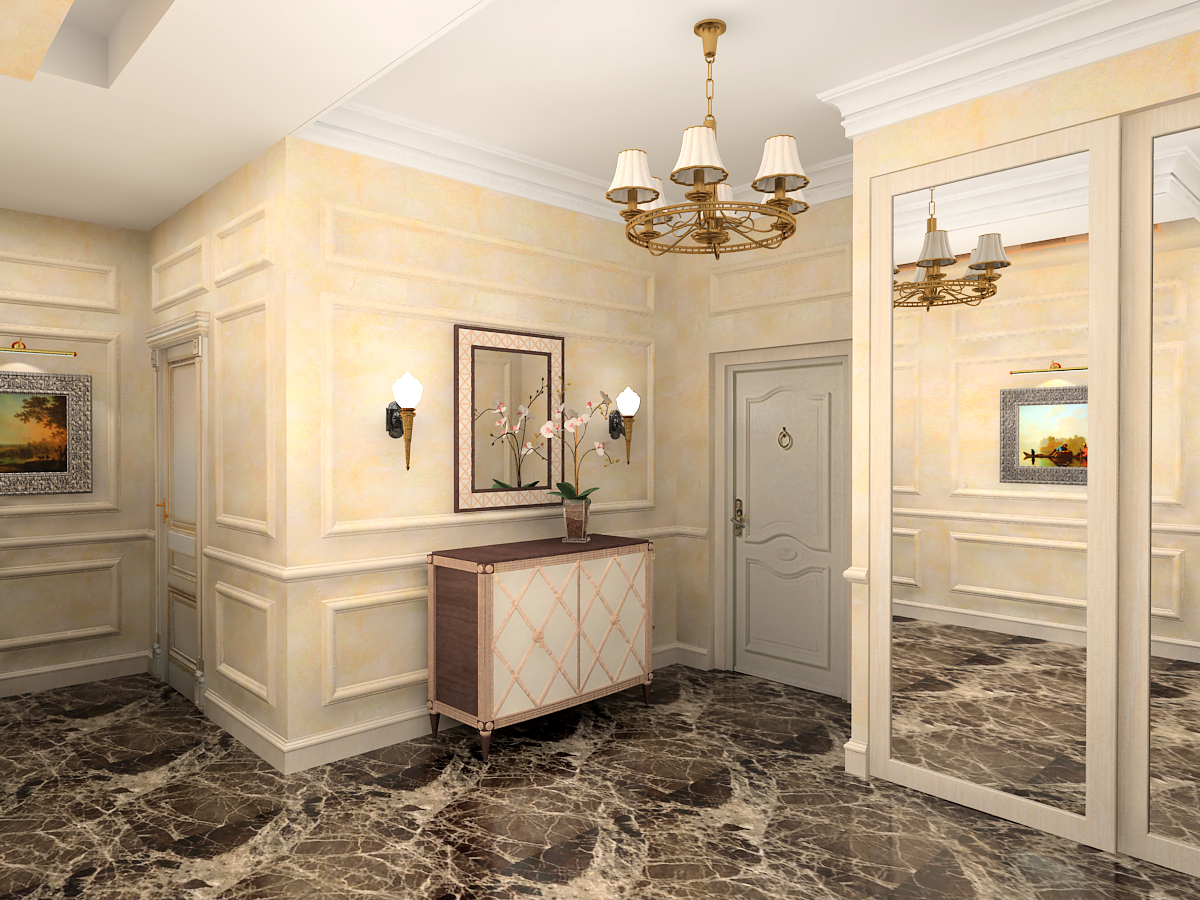
On the floor of the hallway or living room asks for a ceramic coating or marble

In living rooms, parquet or laminate is appropriate
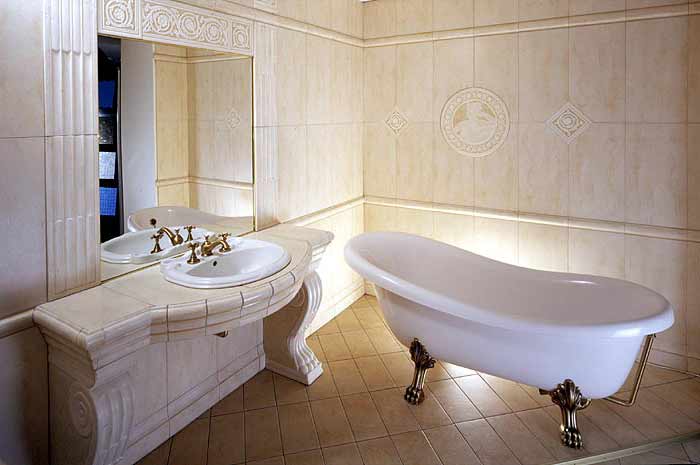
For finishing the bathroom, the ideal material would be marble
The table shows a comparison of the main options:
| Material | pros | Minuses |
| Floor | ||
| porcelain tile | strength wide range of |
price cold surface |
| linoleum | pleasant to the touch wide range of price |
damage tolerance |
| Pvc tile | pleasant to the touch wide range of price |
damage tolerance |
| Ceiling | ||
| GKL + painting | ability to model complex form surface the ability to easily combine different colors |
relative complexity of installation |
| membrane tension | ability to model complex form surface the ability to easily combine different colors |
relative complexity of installation |
| paint | simplicity of technical implementation price |
lack of ability to model complex form surface |
| Walls | ||
| paint | simplicity of technical implementation variety of possible shades |
the need to carefully level the surface beforehand the walls |
| plaster | the ability to simulate stone surfaces wide range of |
relative complexity of technical embodiment price |
| wallpaper | simplicity of technical implementation price wide range of |
damage tolerance |
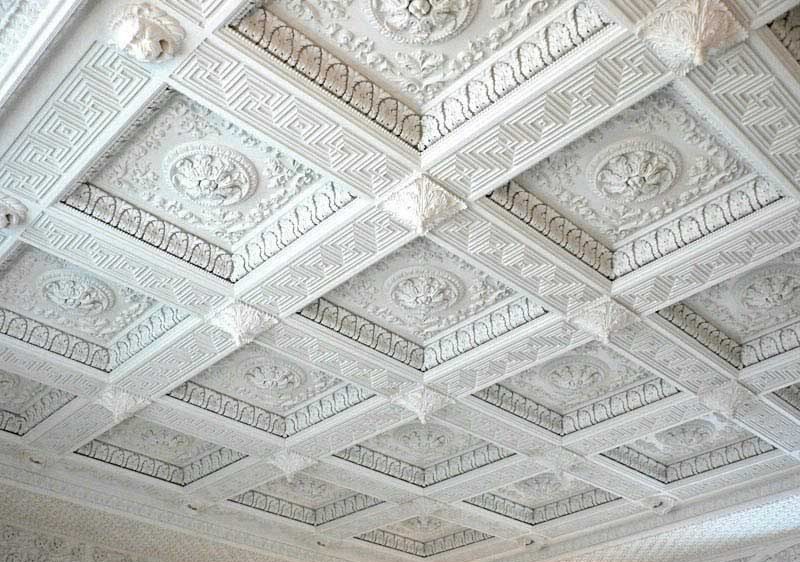
For the front room, it is worth ordering a coffered ceiling with an abundance of stucco decoration.
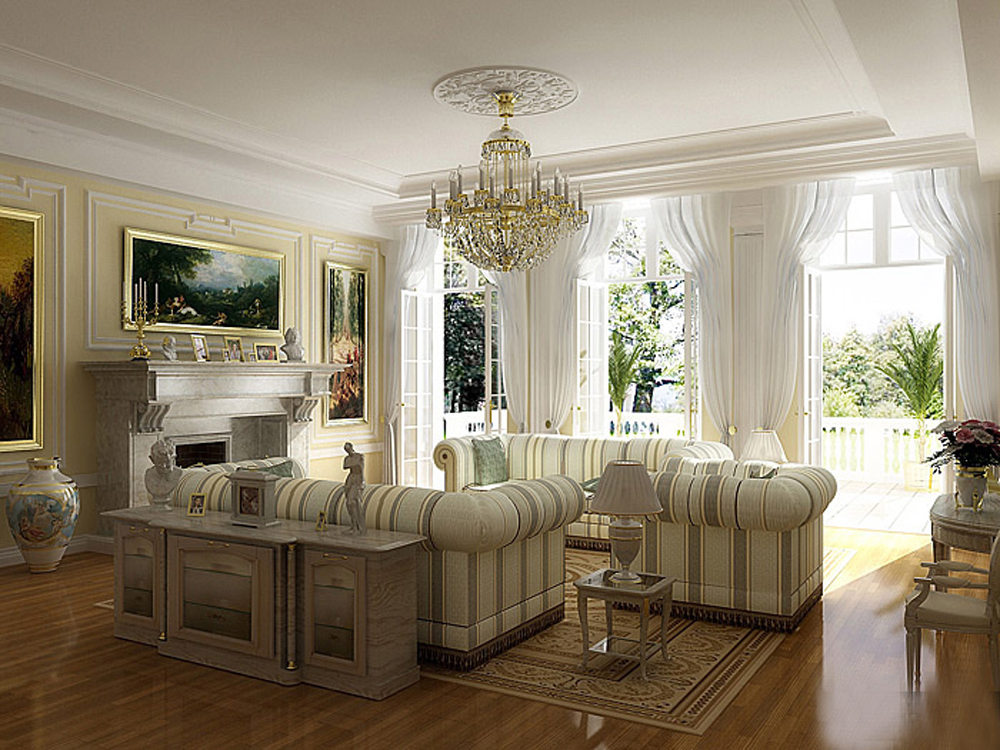
However, the ceiling can be simply painted and decorated with ceiling skirting boards and sockets made of polyurethane or gypsum
As can be seen from the table, a person choosing a finish for an antique interior has many options.And if you take into account the ability to combine different cladding materials with each other, forming a complex and multi-component interior, the situation begins to look even more interesting.
Color picker
Researchers of ancient culture in past centuries considered monochrome the architecture of the Greeks and Romans. And reproducing ancient harmonious forms, creators often followed this very rule, using only one color to decorate walls and other surfaces. Generally white or gray.
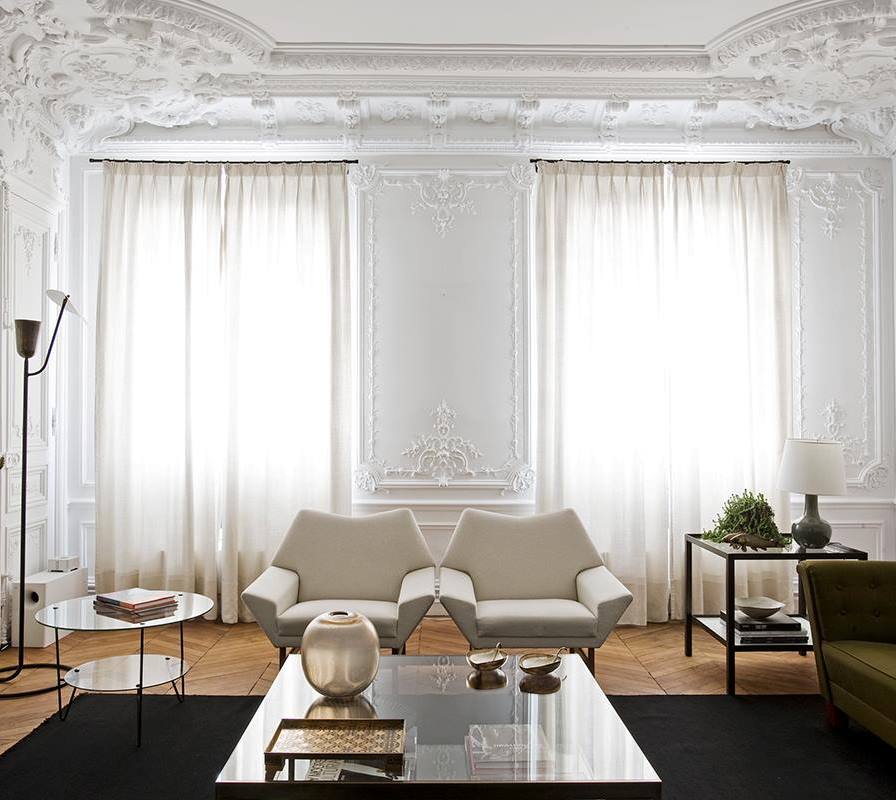
Antique interior can be pure white.
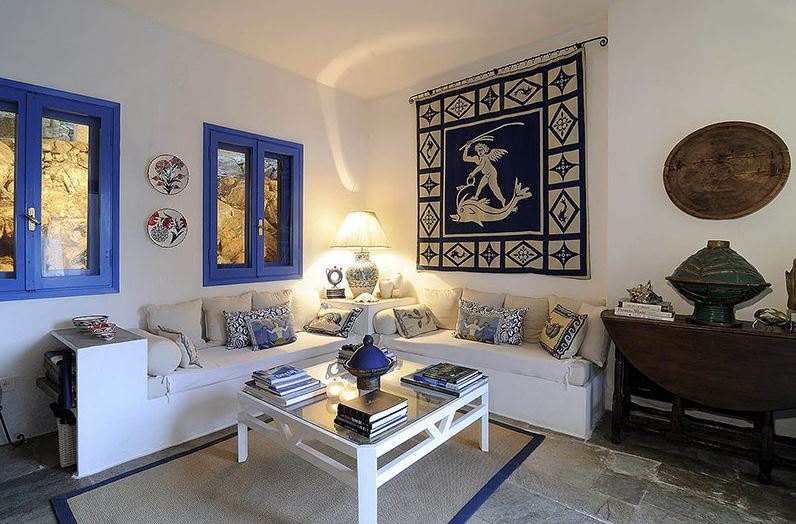
Actual combination of white and blue colors
However, modern scientists have found that representatives of antiquity were not at all so restrained in their coloristic decisions. On the contrary, they boldly added bright colors to the interior: purple, yellow, blue, green. This helps to accurately establish the surface analysis of ancient buildings at the micro level. There are remains of the coloring compounds used by the ancient Greeks and Romans.
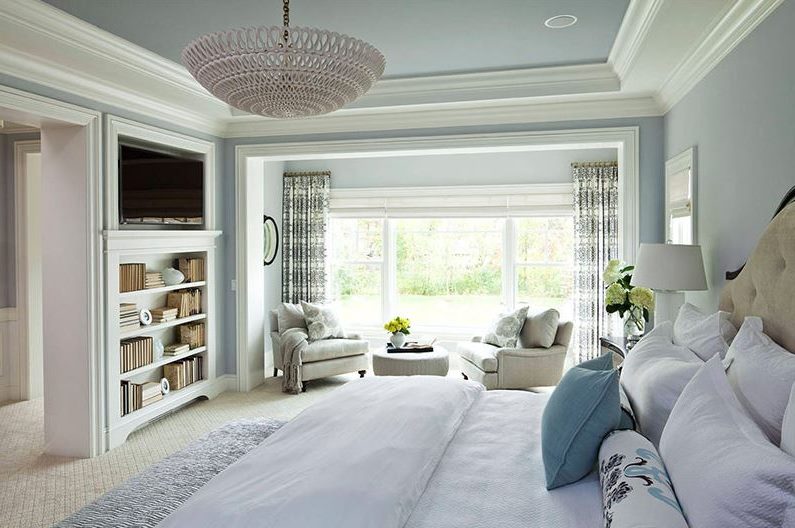
Usually a room is decorated in a single color without extra color spots.
So you have two ways:
- The first is the selection of a nuance color palette, which was chosen by masters of past centuries, imitating the antique style. By this principle, many world architectural masterpieces have been created.
- The second involves the use of bright and even contrasting combinations, as the ancient creators did. In this case, it is more difficult to build a harmonious composition, however, with the right approach, the interior is very expressive.
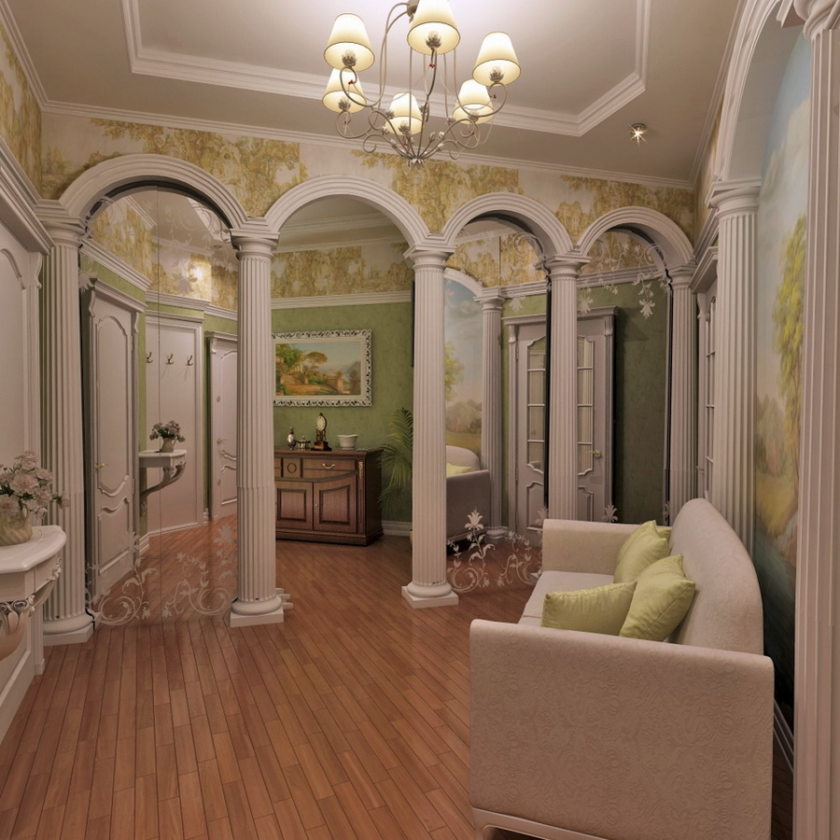
Columns of white or beige color - a business card of the interior in antique style
Decoration with architectural details
Sculptural decorations are part of the decoration in the antique interior. It could be:
- columns and half columns;
- pilasters;
- multi-level cornices;
- capitals;
- sockets;
- arches;
- and so on.
In the traditional version, all these elements, of course, were carved from stone or wood. Now there are simpler ways. There is a whole market of stucco made of polyurethane foam. This is a lightweight and technologically advanced material from which sculptural details are made in the antique style of any configuration.
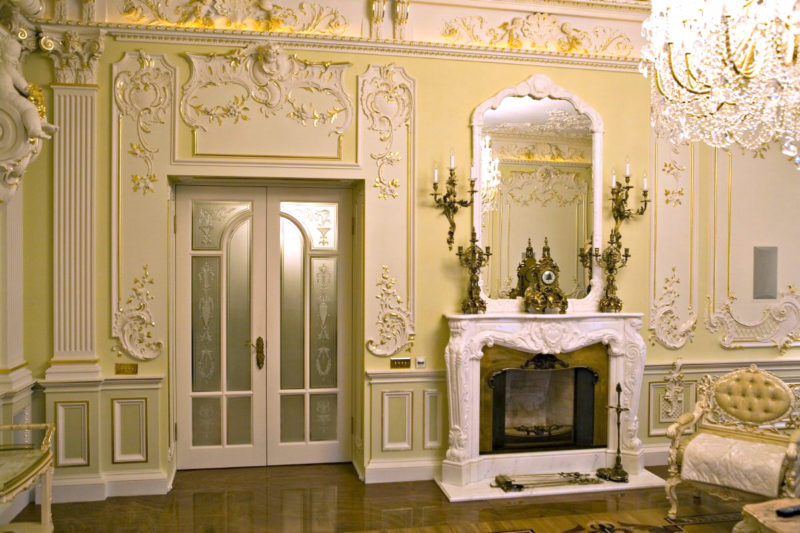
The stucco decoration is not painted brightly - as a rule, they use white, beige or ivory. Gold leaf decoration with antique effect is allowed.
So you can simply select all the items you are interested in from the catalog. Draw a sketch of how all this will be combined with wall decoration, count how many and what details will be needed. And you can buy what you need.
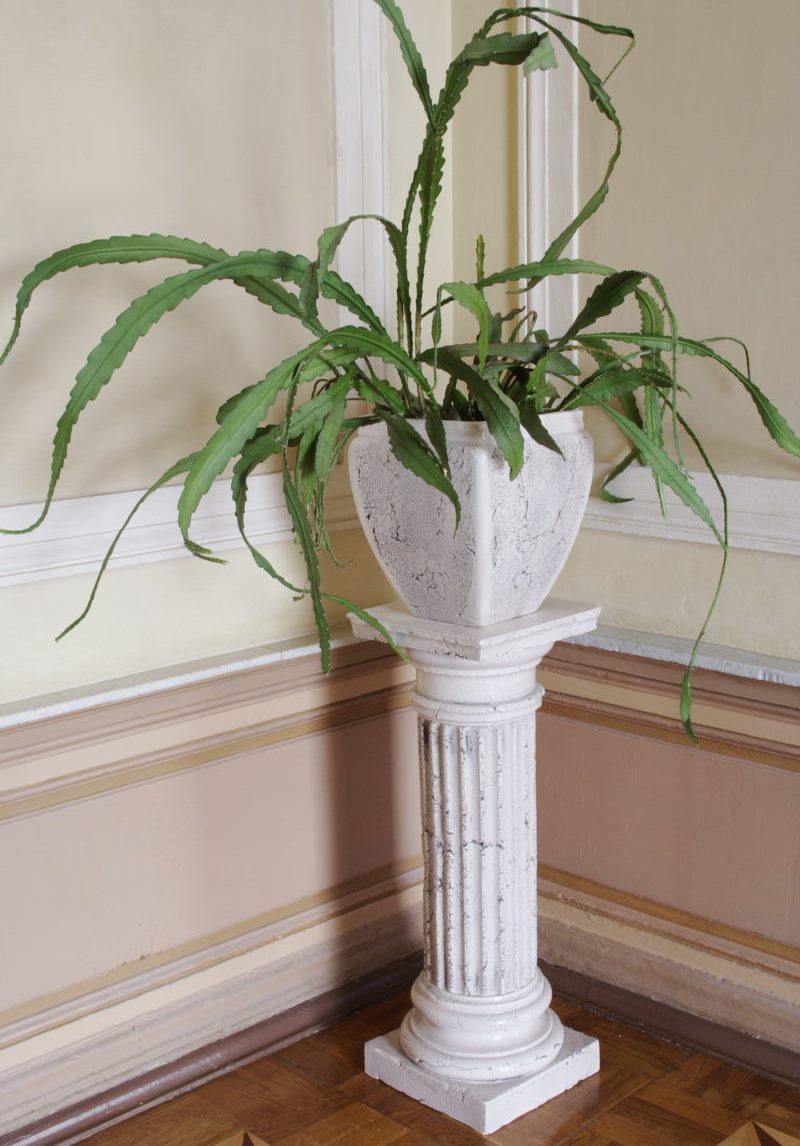
It is difficult to imagine an antique interior without a stylish decor in the spirit of the ancient world, at least one, but worthy
It is important not to overdo it and not to take too many large parts for a small room. For example, full columns are permissible only in large halls. And multi-level cornices - with high ceilings.
Antique style light device
Of course, the lighting of modern interiors, as well as the selection of furniture, should be carried out taking into account modern means. However, you can do this, following the spirit of antiquity.
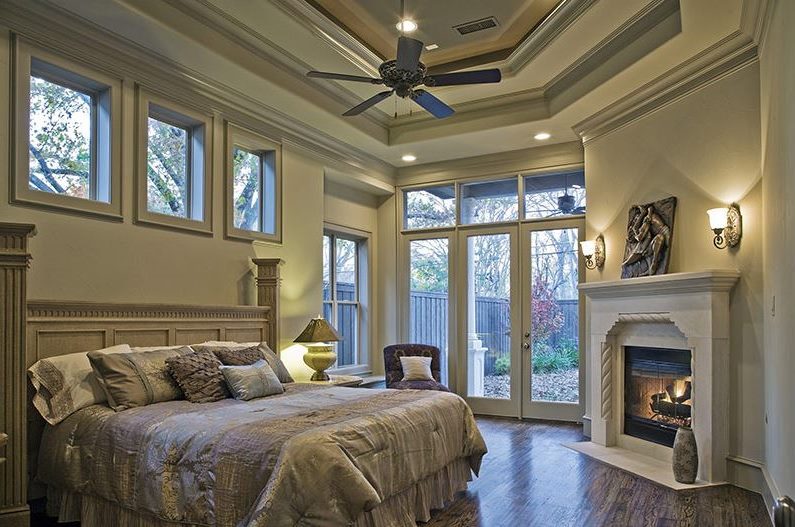
The room should be well lit at any time of the day.
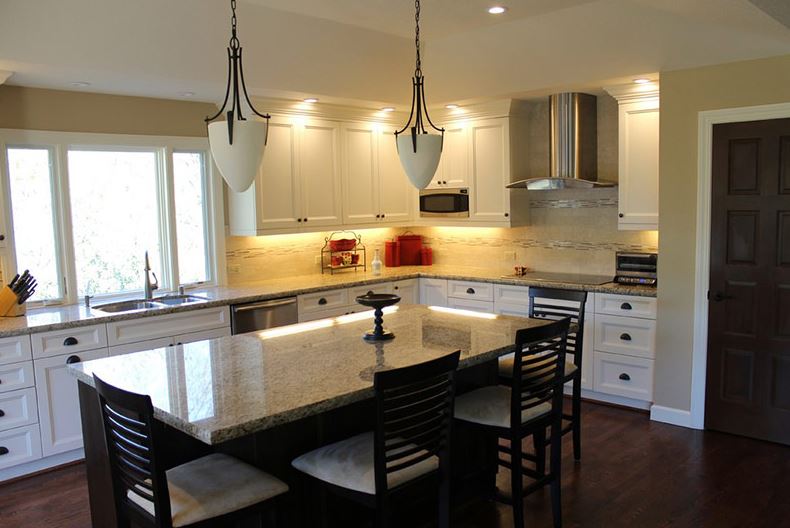
It is better to choose lamps of a simple form - a hemisphere, ball, cylinder, candlestick or torch
Large luxurious chandeliers, round plain lampshades in the tone of decoration, lots of light - all this corresponds to the style. An interesting idea is to emphasize the sculptural components with directional lighting. One that allows you to visually read the plastic complex surfaces in the interior. The LED illumination in the upper part of the room, around the perimeter is also well understood.
Selection of suitable furniture
Furniture that meets the spirit of the antique style, has several characteristic features:
- it is made of natural components or materials that mimic them;
- decorated with ornaments and patterns characteristic of Greek or Roman culture;
- Fits into the color scheme of the room.
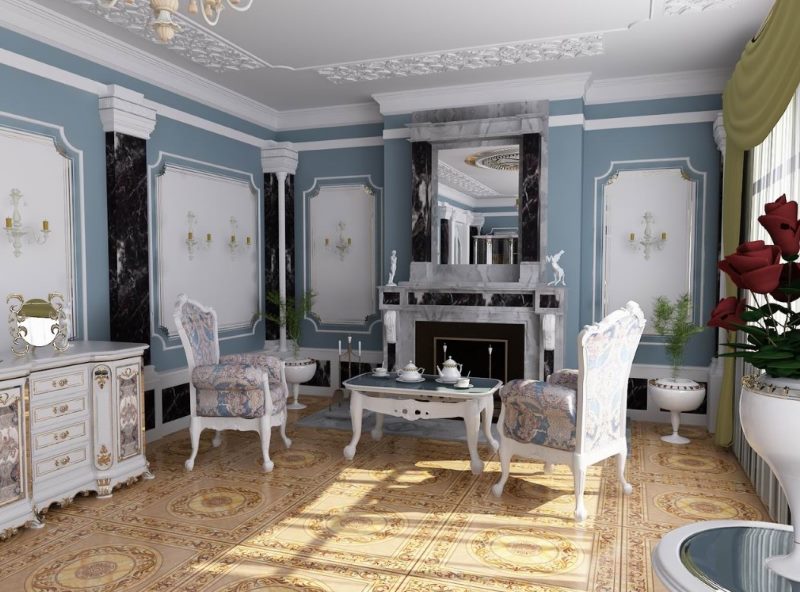
Furniture should look expensive, but it can be a high-quality imitation of high cost.
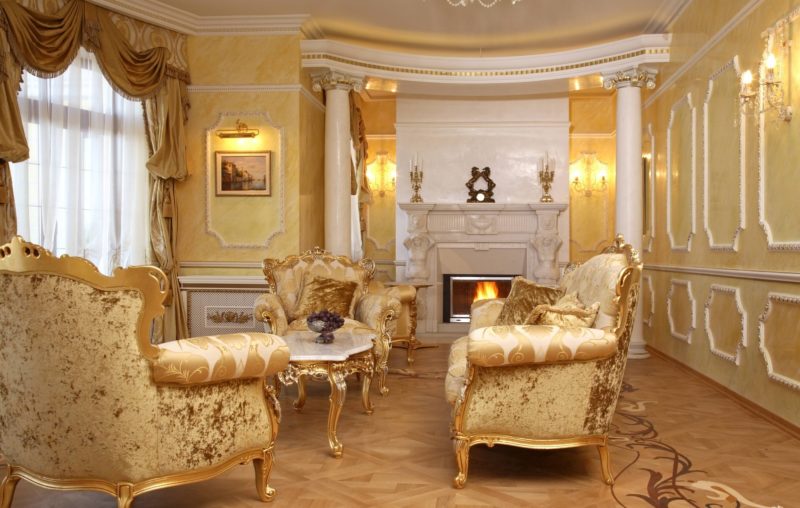
Furniture items are decorated with carvings, as well as inlaid with gold or wood.
You can certainly pick up all the furniture you need in one of the specialized stores.
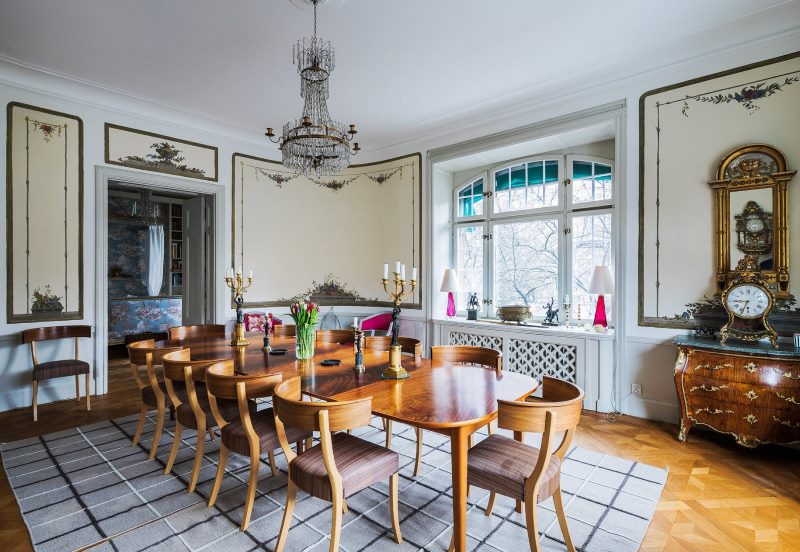
Famous Greek chairs - enemas are great for decorating a dining group
The finishing touch in the decoration of the room in the antique style: textiles
The antique style is known for its rigor and stinginess on jewelry in addition to those inscribed in the decoration of the room or in the decor of furniture. However, an exception is permissible for textiles. It is recommended to use dense plain fabrics. Straight draperies with pleats are welcome, but never lace or bows.
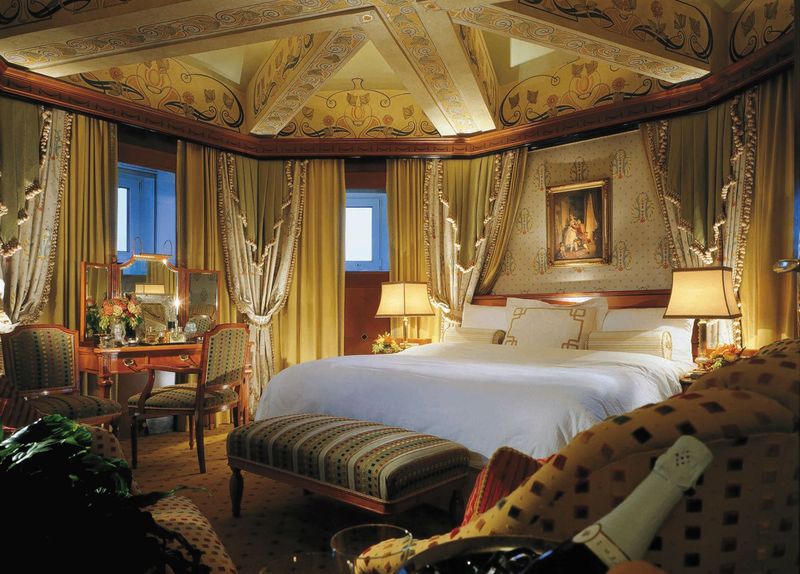
Curtains should have complex draperies, but the material itself should be light
The antique interior is majesty, beauty and harmony.
Video: Antique style in interior design
